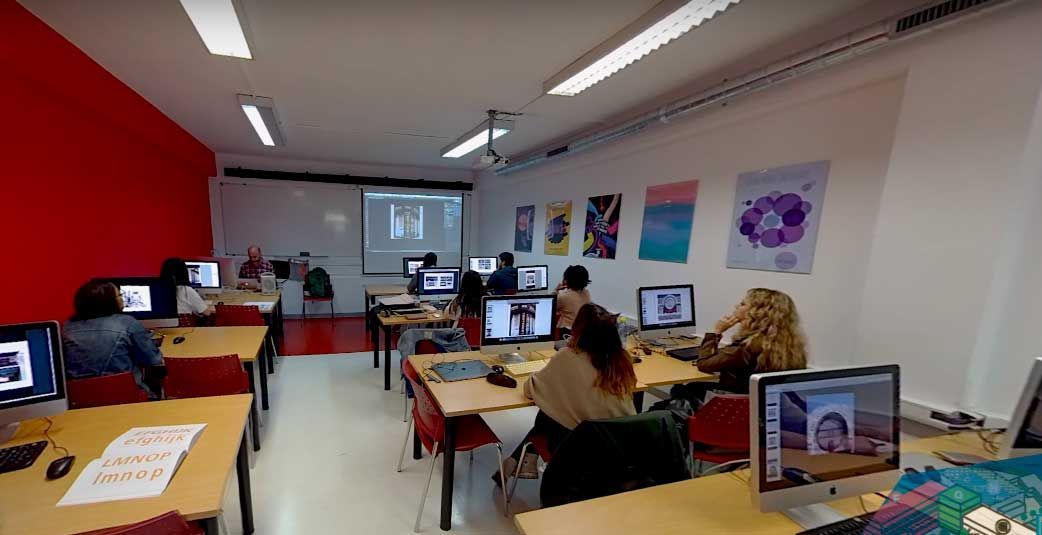About
Mobility Scheme

The mobility track of RE:ANIMA makes the harmonisation of the curriculum inevitable.
The Academic Board has taken a joint decision on the location of each semester, based on the evaluation of the advantages offered by each partner and the educational needs of the program and defined structure.
The programme targets a maximum class of 21 students per intake, who will be together for the first three semesters, splitting into 3 groups of around 7 elements in the fourth semester. In this last semester, each group will remain in one of the Consortium’s schools depending on their final project: narrative and non-narrative storytelling at LUCA, documentary approaches with social based content at Lusófona and artistic research at IADT. The final Project assumes the format of a project in short fiction, documentary, experimental or expanded animation (i.e., art installation with animation, live animated settings for shows, 360-animation films), in accordance with the students’ interests, supplemented by a written report that integrates a theoretical and critical reflection and analysis of the topic explored in the students’ work. In the first three semesters, the students will work in collective projects, while the final project is individual.
Student mobility is organised around the courses/semesters in the following manner:
1st semester: Research
Hosted by LUCA School of Arts in Genk, the first semester introduces students to artistic research methodologies that generate knowledge through animation practice. Based on The Vienna Declaration of Artistic Research (2020), students explore both practice-led and practice-based approaches, combining theoretical reflection with creative experimentation. Through classes, lectures, and workshops, they study a wide range of cultural and artistic references while developing an artistic research dossier. Topics include Philosophy of Technology, Decolonial Thinking, narrative approaches, and animation management. Practical workshops cover techniques such as expressive drawing, stop motion, VR/AR, and 2D/3D animation using open-source tools, fostering integrated research-based projects.
2nd semester: Development
At IADT in Dublin, the second semester focuses on storytelling in multiple cultural contexts. Students study Irish narrative traditions—from folklore and oral storytelling to contemporary screen practices—while exploring sound design and post-colonial identity. Broader cultural and geographical perspectives encourage diverse storytelling approaches. The semester also examines Ireland’s animation industry, emphasizing funding and production management. Students continue developing their thesis projects, refining story structure and visual language.
3rd semester: Pre-production
Based at Lusófona University in Lisbon, the third semester emphasizes documentary filmmaking, merging historical, analytical, and practical study. Students explore Europe’s documentary heritage and the potential of animated documentaries, engaging with Portuguese cultural contexts to create a collective documentary animation. Entrepreneurial skills such as business planning and pitching are developed, preparing students for the creative industries. A key milestone is the thesis proposal presentation to the Academic Board, guiding the direction of their final project and school placement for the fourth semester.
4th semester: Production
In the final semester, students complete their creative projects and written reports at one of the partner schools, forming their individual dissertations. The program concludes with a public screening and evaluation session, where the final works are assessed by internal and external examiners.